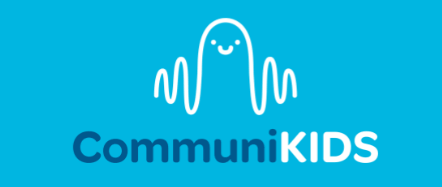When is it time for speech therapy?
You’ve read all the parenting books, scoured the internet and checked with friends on Facebook… but you’re still not sure if your child needs speech therapy. It can be hard for parents to figure out when the best time to take your child to see a specialist is. There are so many sources telling you different things - sometimes, even health professionals such as GPs disagree on whether or not a child should see a speech therapist. Here are a few tips on whether to seek additional advice.
Early Intervention Is Key
Maybe your child is 18 months and not using any words. Maybe they’re turning two and can’t seem to put two words together. Or maybe you’re finding you’re saying ‘what?’ in response to most of the things your three-year-old is saying. Often, family and friends will respond to your concerns with ‘They’ll grow out of it!’ or ‘Tommy was a late talker too, and he grew up fine.’ Sometimes, that is true. 70-80% of late talkers do catch up to their peers by the time they enter school.
But what about that 20-30% who don’t? Currently, while there are some risk factors such as a history of ear infections, no or limited babbling as an infant and a family history of language difficulties, there is no definitive indicators to tell us whether or not a child is going to catch up to their peers. So, while your child may be in the 70-80% who do catch up, there’s no way to know for sure until they don’t. Even for the children who do ‘catch up’, they are at higher risk for difficulties entering into school such as literacy challenges, delayed language skills such as vocabulary and grammar, and skills that revolve around language (social skills, behaviour, organisation and attention).
Intervention is more likely to be effective for the child if provided earlier on - if you have concerns, the sooner you can get your child in to be assessed, the better! Children learn quickly between the ages of 0 - 5 as their brains develop. Even if you are not sure your child is ready for ongoing therapy, your speech therapist will be able to provide you with strategies to begin implementing at home that may give your child the boost they need.
2. Consider the Milestones
Language develops rapidly between the ages of 0 - 5. From speech sounds to social skills to language, children develop a variety of complex abilities in the first five years of their life. If you are unsure where your child is at with their development, it can be useful to look at the milestones a child is expected to reach by their age. If your child has not met one or multiple milestones, it may be the earliest indicator that they have a developmental delay. Click here for language milestones and social skills milestones
3. Trust Your Gut
At the end of the day, you are the person around your child the most. If you have concerns regarding your child’s language development, then it may be time to get your child assessed. The worst that can happen is your child is where they should be for language development, and you’re sent home with some new language strategies and peace of mind.
